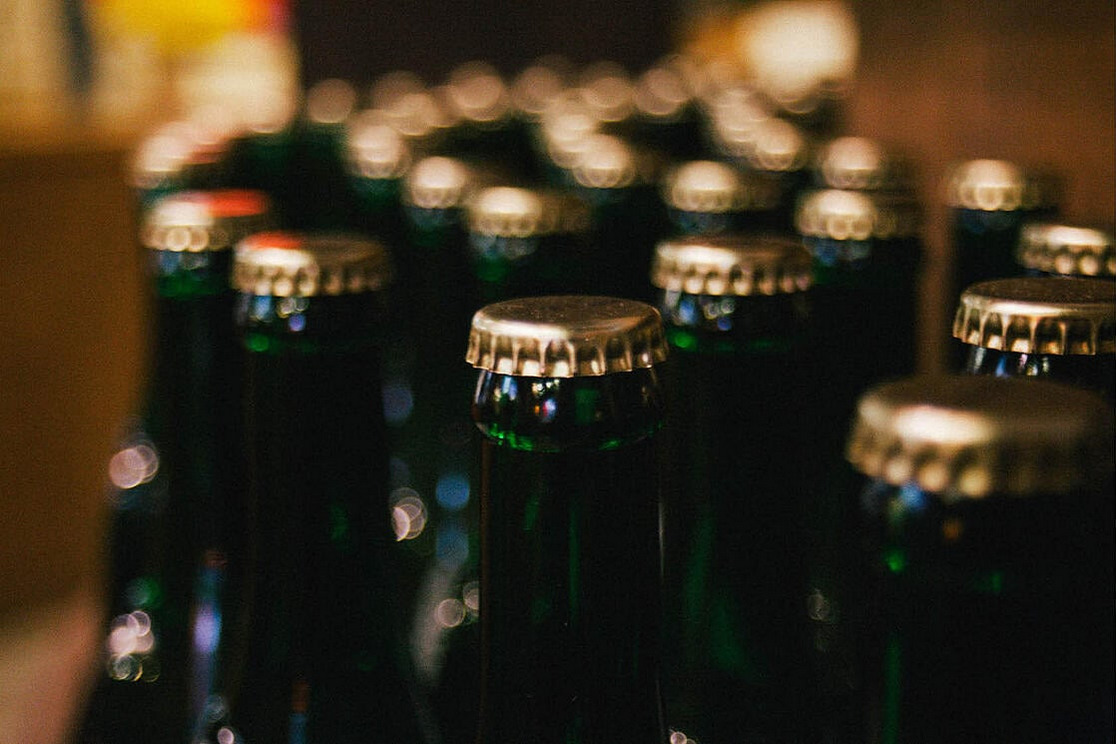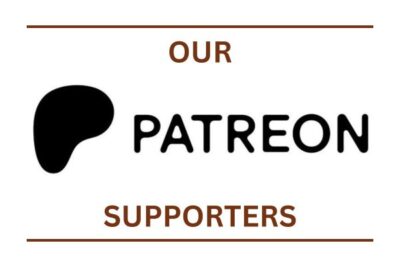The Society of Independent Brewers (SIBA) has expressed concerns over plans to take the deposit return scheme forward, announced by the government today.

Through small cash deposits placed on single-use drinks containers, people will likely be incentivised to recycle their drinks bottles and cans.
The scheme would include special machines, known as reverse vending machines, and designated sites where people can return their bottles and receive their cash back. In most cases it would be the retailers who sell drinks covered by the scheme who would host a return point.
The new scheme, covering England, Wales, and Northern Ireland, is set to be introduced in 2025.
“This will provide a simple and effective system across the country that helps people reduce litter and recycle more easily, even when on the move,” said environment minister Rebecca Pow.
SIBA, which supports the intention of the legslation, feels the government’s solution adds unnecessary complexity and cost to many small independent brewers. Brewers who are still trying to recoup Covid losses and who face energy and other cost pressures.
“Small breweries lead the way in sustainability, want to do more to tackle their impact on the environment, and would have supported a deposit return scheme which had the same scope, and was introduced at the same time, across the UK,” said SIBA chief executive Andy Slee.
“Sadly, agreement could not be reached amongst the four nations and now we will have a piecemeal system with different containers and requirements in different parts of the UK, causing significant barriers to trade. The decision to include glass in Wales and not in England and NI will have significant repercussions for small breweries operating across the border.”
He added: “During the passage of the legislation, the government minister promised that they wanted to protect the smallest drinks producers from the cost burden associated with the introduction of a deposit return scheme, but small independent breweries now face a significant financial hit which will sadly reduce consumer choice and increase prices.
“The experience in Scotland has shown that small producers need at least 18 to 24 months to prepare for the scheme once all the costs, including the producer fee, are known and systems are in place, which only eight months before it goes live in Scotland are still not known. Undoubtedly the government’s short timeframe will create further costs for small producers.”
The British Beer & Pub Association has called on the government to swiftly appoint a deposit management organisation, to ensure businesses are provided with requirement information as early as possible.
“With less than eight months until the go live date in Scotlandm it is imperative that DEFRA, HMT, and HMRC provide further information on VAT on deposits as a matter of urgency,” said chief executive Emma McClaarkin.
“Businesses are unable to fully cost and plan for the impact of a DRS without this detail. The complex nature of DRS means the operational challenge is extremely large and it is crucial further information is provided as we move ever nearer to the implementation date in Scotland if the scheme is to operate effectively and efficiently.
“It is also critical for businesses that operate across the UK that the schemes are interoperable, as entirely separate schemes add unnecessary risks and complications for businesses in Scotland, England, Wales, and Northern Ireland.”


